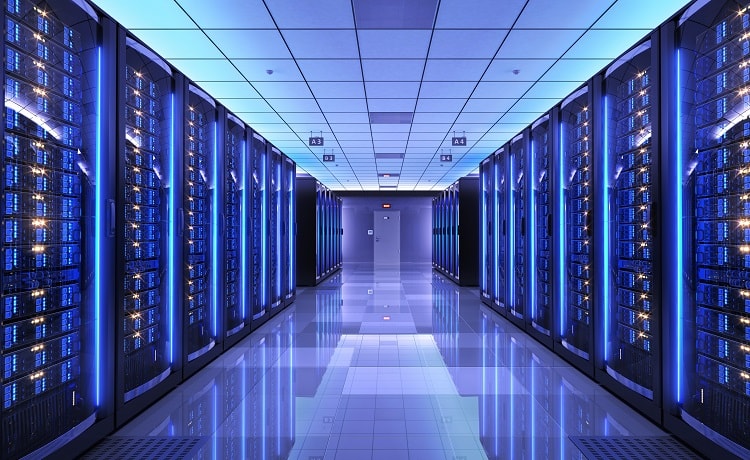Data centers are facilities that host, manage, and secure critical business applications and data. Selecting the right data center is crucial for operational efficiency, security, and cost management. This article explores the key factors to consider when choosing a data center.
Table of Contents
1. Location
Geographic Location
The location of a data center directly affects service quality and latency. Data centers located near your customers and users provide faster and uninterrupted service.
Natural Disaster Risk
Evaluate the natural disaster risks (earthquakes, floods, hurricanes, etc.) of the data center’s location. Data centers in regions with low disaster risk reduce the chances of data loss and service interruption.
2. Security
Physical Security
The physical security measures of a data center minimize the risk of unauthorized access and theft. Important measures include 24/7 security personnel, CCTV monitoring, and biometric access controls.
Cybersecurity
Consider the cybersecurity protocols of the data center. Strong firewalls, DDoS protection, IDS/IPS systems, and regular security audits ensure data security.
3. Power and Infrastructure
Power Sources and Redundancy
To ensure continuous operation, a data center must have uninterrupted power supplies (UPS) and generators. Data centers with N+1 or higher redundancy levels are more resilient to power outages.
Cooling Systems
The cooling systems of a data center prevent servers from overheating and ensure optimal operating conditions. Choose data centers with redundant and energy-efficient cooling systems.
4. Connectivity and Network
Network Connections and Bandwidth
The network connections and bandwidth provided by the data center are critical for fast and reliable data transfer. Opt for data centers with multiple ISP connections and high bandwidth.
Multiple Points of Presence
A data center with multiple points of presence offers redundancy and flexibility in network access. This ensures connectivity continuity even in case of network failure.
5. Certifications and Compliance
Industry Certifications
Internationally recognized certifications indicate the quality and security of a data center’s services. Certifications such as ISO 27001, SOC 2, and PCI DSS demonstrate compliance with high standards.
Regulatory Compliance
Ensure that the data center complies with the legal and regulatory requirements applicable to your business. Data protection laws (e.g., GDPR) and industry regulations are particularly important.
6. Scalability and Flexibility
Resource Flexibility
As your business grows, the data center must be able to accommodate increased resource demands. It should allow easy scaling of storage, computing power, and bandwidth.
Service Flexibility
The data center should offer customizable and flexible services tailored to your business needs. Managed services, cloud integrations, and bespoke solutions are significant advantages.
7. Cost
Pricing and Hidden Costs
The cost of data center services is a crucial factor for your business budget. Review the pricing models carefully and check for any hidden costs.
Total Cost of Ownership
When evaluating the total cost of ownership (TCO) for data center services, consider all cost components, including infrastructure, energy consumption, cooling, and support services.
Conclusion
Choosing the right data center significantly impacts your business’s operational efficiency, security, and growth potential. By considering factors such as location, security, infrastructure, connectivity, certifications, scalability, and cost, you can select the most suitable data center for your needs. This ensures that your data is securely stored, efficiently managed, and your business processes are maintained without interruption.
Share this article


